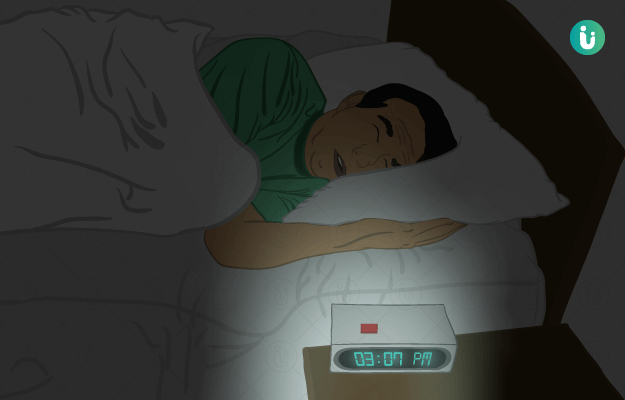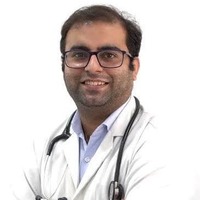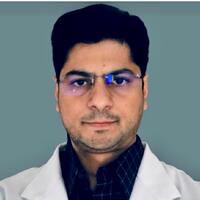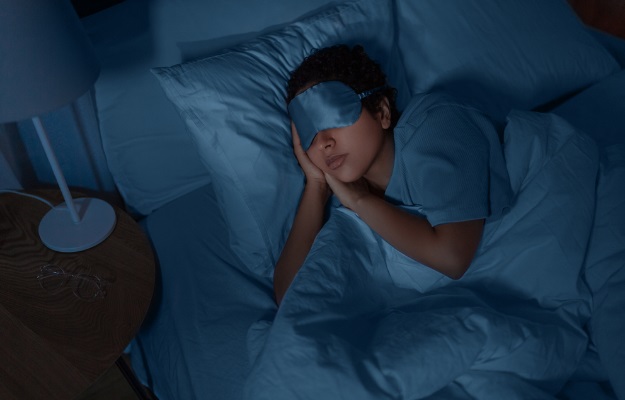What is hypersomnia?
Hypersomnia is a chronic nervous system disorder wherein one may experience prolonged night-time sleep or excessive daytime sleepiness. Unlike those who feel tired due to inadequate or disturbed sleep, a person suffering from hypersomnia feels compelled to take long naps during the day even after a full night’s sleep. Hypersomnia is often associated with other diseases and impacts the everyday life of patients.
Click on the link to know in detail about sleep disorder treatment.
What are its main signs and symptoms?
Most common symptoms:
- Constant complaint of excessive daytime sleep or sleepiness
- One feels the need to take repeated naps at inappropriate times such as while working, eating or even in the middle of conversations.
- Daytime naps do not reduce the symptom of excessive sleepiness, and one may often feel disoriented or groggy after a long nap.
Other symptoms:
- Anxiety
- Increased irritation
- Restlessness
- Reduced energy
- A slow thought process and speech that persist through the day
- Loss of appetite
- Difficulty functioning at family or social gatherings and in occupational settings
(Read More - Narcolepsy treatment)
What are its main causes?
Like most neurological disorders, the cause of hypersomnia is not well known. However, there is evidence of overproduction of a certain molecule in the body that interacts with a hormone in the brain and promotes sleepiness.
Common causes include:
- Sleep disorders like narcolepsy and sleep apnea
- Dysfunction of the autonomic nervous system
- Drug or alcohol abuse
Other causes include:
- Tumours
- Injury of the brain or central nervous system
- Certain medications or withdrawal of certain drugs may lead to hypersomnia such as antidepressants, anxiety lowering agents, antihistaminics, and more
- Disorders like multiple sclerosis, depression, encephalitis, epilepsy or obesity may contribute to hypersomnia
- There is evidence of a genetic predisposition contributing to hypersomnia. In such cases, hypersomnia is usually recognised before adulthood.
(Read More - Sleepwalking treatment)
How is it diagnosed and treated?
A thorough medical history in the presence of a family member to assess symptoms and sleep habits will aid in the diagnosis.
- Medications may have to be stopped in order to rule out medications as the cause of hypersomnia.
- You will be advised tests to diagnose any underlying medical conditions.
Investigations for hypersomnia include:
- An overnight sleep test or polysomnography (PSG) test
- Multiple sleep latency test (MSLT)
- Maintenance of wakefulness test
Treatment of hypersomnia is based on providing symptomatic relief and treating the underlying cause
- Medications include antidepressants and wakefulness-promoting agents
- Cognitive behavioural therapy (CBT) is also found to be helpful in some patients with hypersomnia
Self-care:
- Avoid factors that disturb the sleeping pattern such as working till late in the night or social activities at night.
- Alcohol and caffeine should be avoided.
(Read More - Sleep paralysis treatment)

 Doctors for Hypersomnia
Doctors for Hypersomnia  OTC Medicines for Hypersomnia
OTC Medicines for Hypersomnia
 Hypersomnia articles
Hypersomnia articles



















